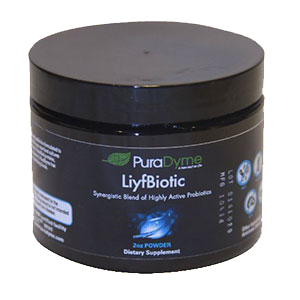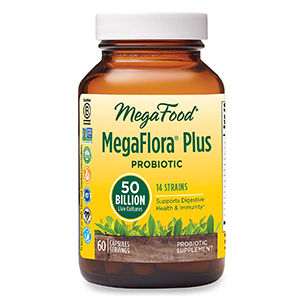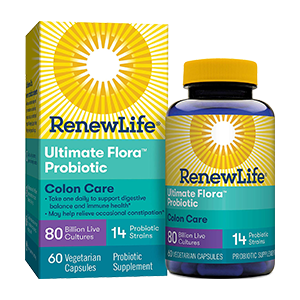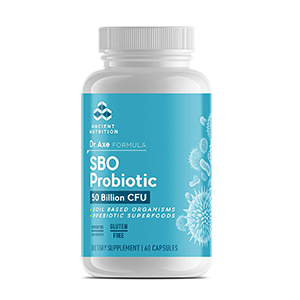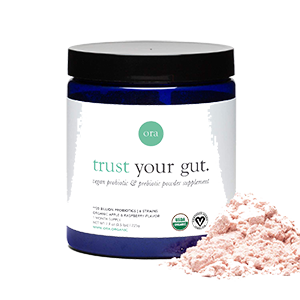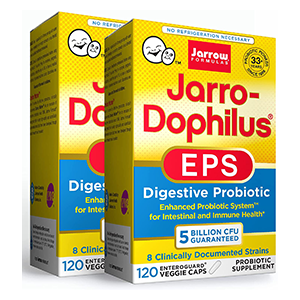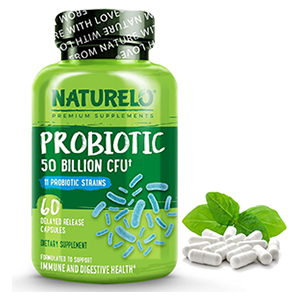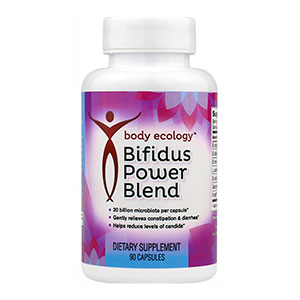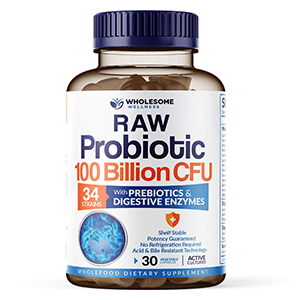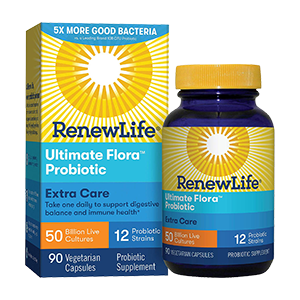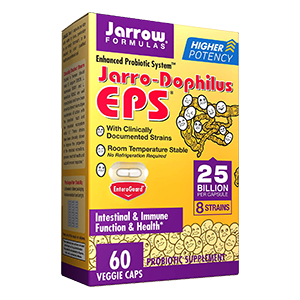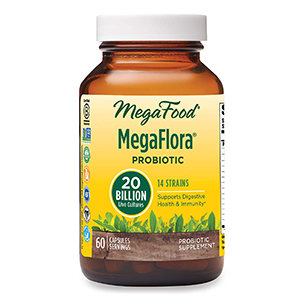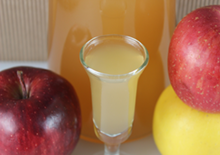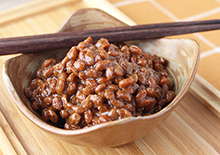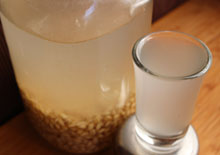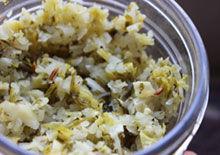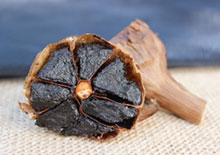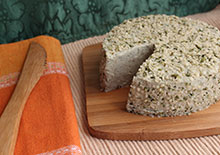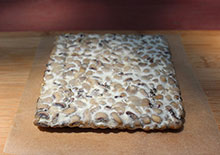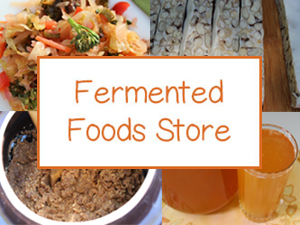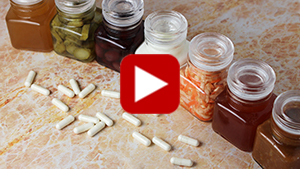- Home
- Fermented Foods
- What are Probiotics?
What are Probiotics? Supplements Vs Probiotic Foods
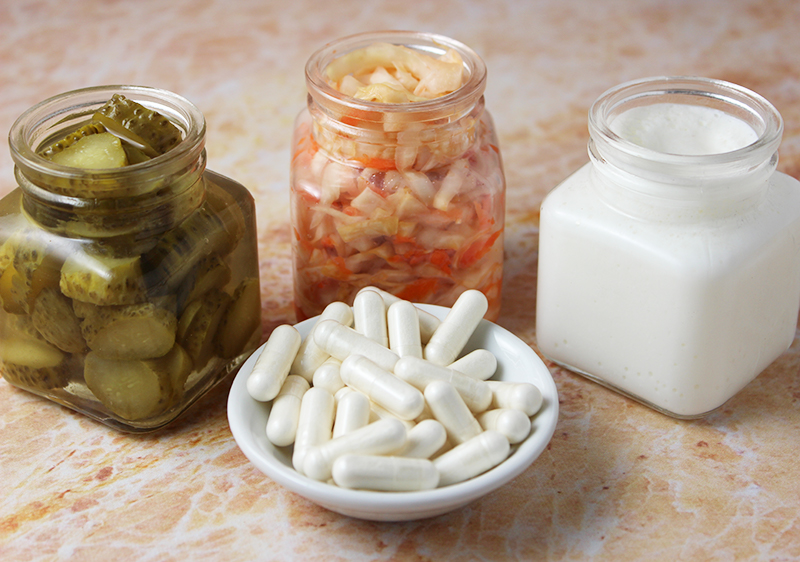
What are probiotics? Within the human gastrointestinal tract, probiotics are often referred to as the "health-friendly bacteria" that are known to have a huge influence on our human physiology and overall long-term well-being. The words "pro" and "biotic" literally mean "for life."
This diverse array of gut microbiota are responsible for many functions including maintaining bowel regularity, synthesizing certain vitamins, regulating immune response, defending against pathogens, metabolism of certain carbohydrates, and much more. Most notably, they play a central role in the gut-brain axis or the biochemical signaling that occurs between the GI tract and the central nervous system.
It is identified that certain factors can throw off the optimal ratio of "friendly bacteria" to other species or fungal genera like Candida, which can tend to over-dominate when the body is in a weakened state or health is compromised. Some contributions to these potential imbalances may include poor dietary choices, emotional stress, exposure to chemicals, toxic buildup in the body in addition to the widespread use of antibiotics.
It has been recognized, however, that gut microbiota can be intentionally manipulated through specific diet regimens as well as the intake of probiotic-rich food sources. In a 2017 journal article, it was acknowledged that one's diet is considered a main driver in influencing gut microbiota during the course of one's lifetime.
Supplementing the diet with probiotic sources is now likewise gaining attention as a claimed way to support and maintain a healthy intestinal microbiome, a result that can help to protect the body from the increased incidence of autoimmune conditions as well as common digestive disorders.
Although it is identified that more science is needed, in one published report in the Journal of Clinical Pharmacology, "cultured microorganisms, when given in adequate quantities for sufficient periods of time, are beneficial in many human disease conditions and safer than most pharmaceuticals." (Source)
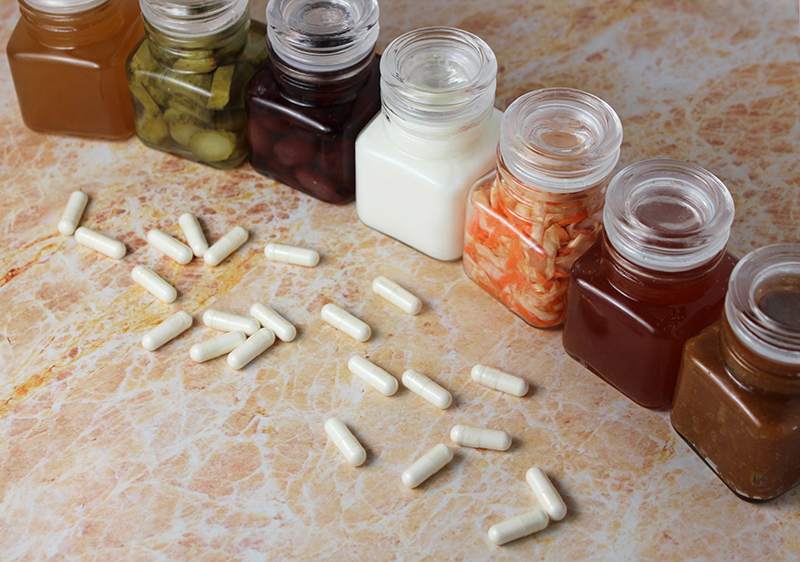
What are Probiotics and Their Dietary Sources?
The two most accepted dietary sources which can help encourage regular replenishment and diversity of beneficial gut bacteria include:
1) Probiotic Supplements
2) Probiotic Foods
While the intake of either can serve as a holistic preventative approach to maintaining optimal health, it is important to understand that individuals may respond differently to both supplements and food-derived probiotics. It is, therefore, necessary to experiment for yourself and/or seek the advice of your health care provider or nutritionist when needed.
Dietary probiotic supplementation can be a beneficial adjunct to most common diet regimes, but what is the difference between probiotic powdered supplements and probiotic food sources?
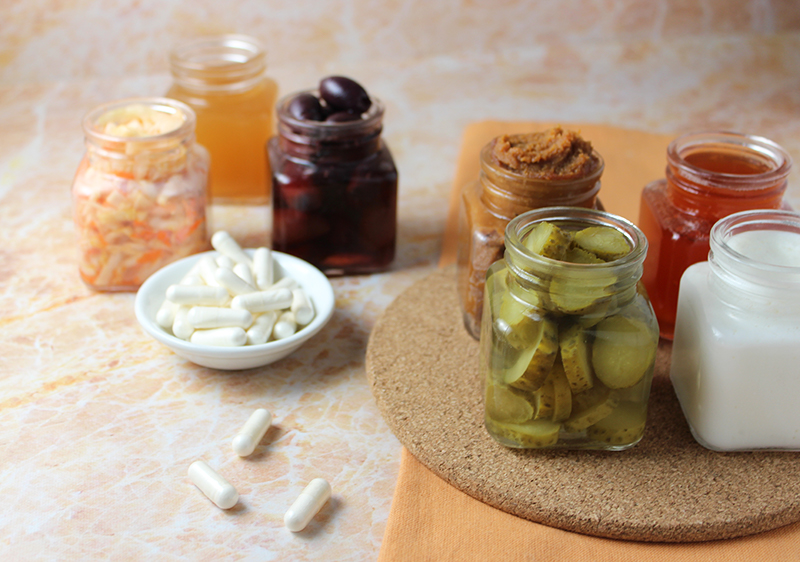
Probiotic Supplements Vs Probiotic Foods
What are Probiotic Supplements?
One of the standard definitions of the term "probiotics" is described as "Live microorganisms which when administered in adequate amounts confer a health benefit on the host."
Commonly, the generic name "probiotic" is often used to refer to probiotics in the form of a nutritional supplement which typically includes the lactic acid bacteria from the genera Lactobacillus, Bifidobacterium, Leuconostoc, and Streptococcus.
These encapsulated supplement powders are basically selected and cultured in a laboratory, commonly from dairy but vegan and soil-based sources are also available. The theory is that as a concentrated powder there is greater opportunity for intestinal inoculation as well as choice of specific strain utilized.
There are strict scientific guidelines for testing and probiotic products must list the strain genus, species, and strain level to qualify as a dietary probiotic supplement. Supplements are measured by something called "colony forming units" or CFUs and can range anywhere from 5 Billion CFU to 100 Billion CFU per serving.
As a major newly emerging industry in the last several decades, probiotic supplements are now largely marketed worldwide. As a result, many brands can greatly benefit from proprietary sponsorship and monetary backed research on specific lab-produced strains and their benefits to human health and gut microbiota.
Consequently, to date, there is therefore far less science available on probiotic food sources than supplement products.
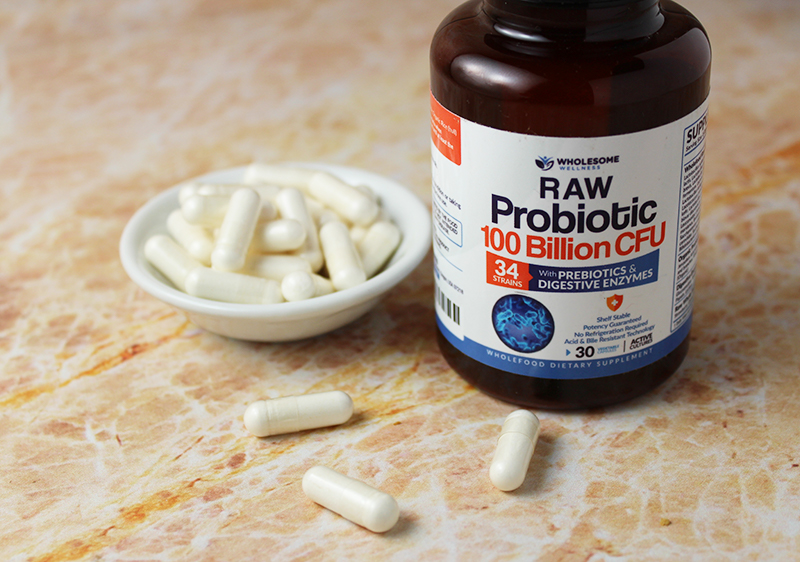
Probiotic Supplement Guide for Brand Quality
Here is a list of criteria and/or things to consider when purchasing a probiotic brand.
1) High CFU or Colony-Forming Unit - This is measured by the billions. Usually, a 20 to 50 Billion CFU per serving is an adequate amount. This is the number of live active microorganisms present at first testing. Keep in mind this amount can decrease during storage, so a higher CFU can make up for any potential product degradation.
2) Shelf Stability - Shelf-stable products are frequently considered to be better than types that require refrigeration. Preferably, probiotic capsules should have a shelf stability of 2 years. While shelf-stable products don't require refrigeration, they will preserve better when kept cold in the fridge or freezer.
3) Acid-Resistant Delivery System - Probiotic supplement powders after consumed can be destroyed by stomach acid before they even get to the colon. Some brands, therefore, offer a delivery system to help protect the active microbes.
4) Soil-Based Organisms (or SBO's) - These are supplements created from naturally occurring soil-based organisms found on raw fruits and vegetables. Some health experts believe they are hardier and more effective at colonizing the intestinal tract.
5) Strain Diversity - Given the range of bacterial species in the gut microbiome, strain diversity is considered an important factor and quality products should contain a variety of beneficial strains of Lactobacillus and Bifidobacterium. Certain strain species are known to target specific diseases. (*)
6) Probiotics with Prebiotics - Since prebiotics are the "food" that helps probiotic organisms flourish as well as improve survival and implantation rate, they are often included in probiotic supplement formulations. Prebiotics are often types of indigestible soluble plant fiber. Jerusalem artichoke is a popular one utilized in supplements. Keep in mind that consuming probiotics with foods can also offer a prebiotic influence. Sometimes digestive enzymes as an ingredient can also be helpful.
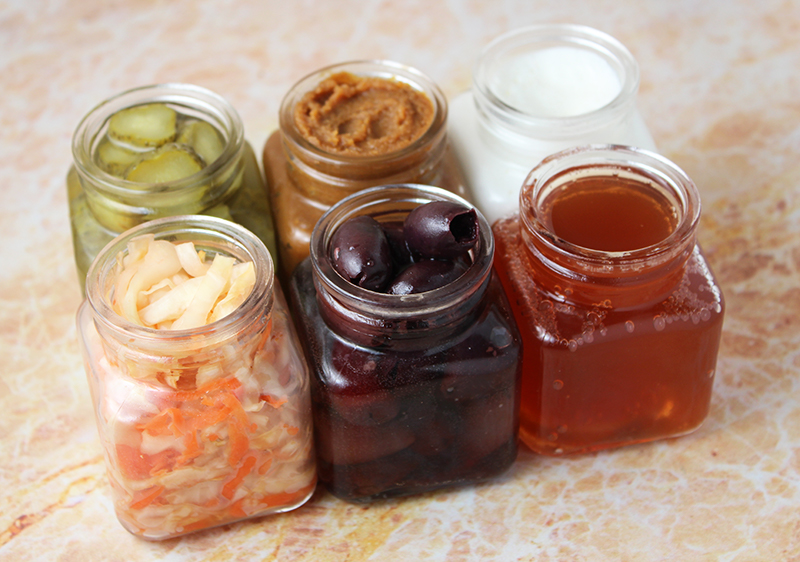
What are Probiotic Foods?
Probiotic strains are lactic acid bacteria that are also capable of transforming many food and liquid substrates into savory, pickled, or soured foods and drinks.
These are probiotic foods or "fermented foods" with a high "probiotic activity" and have been traditionally prepared by human cultures worldwide for hundreds of years. Lacto-fermentation intrinsically protects food from harmful microbes and was historically utilized as a way to naturally preserve foods before other modern-day methods were invented.
Some common examples of probiotic food ferments include kefir, yogurt, sauerkraut, kimchi, miso, pickles, kombucha, apple cider vinegar, and brine-cured olives. Live active cultures are present when these foods are consumed in their unpasteurized and uncooked state (not heated over 115 °F or 46 °C).
Providing a diverse array of health-friendly bacteria, they are also predigested foods that are naturally high in enzymes and prebiotic food substrates, making them potentially easier to nutritionally absorb and utilize.
Including a variety of fermented foods in the diet is believed by many holistic health authorities to encourage a healthy gut microbiome.
Author Sandor Katz in his book The Art of Fermentation writes, "It has been well established that bacteria can survive transit through the stomach's high acidity - particularly when buffered by food - and in their passage through less densely populated regions of the digestive tract."
The concept of fortifying the diet with probiotic-rich foods and drinks for their intestinal health benefits was first proposed by scientist Élie Metchnikoff. In his book, "The Prolongation of Life", he promoted the theory that aging is caused by "intestinal autointoxication" or toxic bacteria in the intestinal tract and that the dietary use of foods rich in lactic acid bacteria could replace these microbes and potentially prolong one's lifespan. (Source)
Many holistic health practitioners endorse taking probiotic supplements WITH active fermented foods as this method is believed to encourage overall probiotic uptake. Probiotic powders are often likewise used to inoculate homemade cultured foods like sauerkraut to increase microbial strain diversity.
Fermented Foods, Not Always Approved as a "Probiotic"
Like probiotic supplements, probiotic food products have recently become a fast-growing market trend, especially in the last decade.
According to the non-profit group International Scientific Association for Probiotics and Prebiotics, cultured foods do not always qualify as probiotics because it is difficult to characterize the types and amounts of microbes in fermented foods and testing for specific health benefits is limited.
Despite the need for more fundamental research on fermented foods and their specific probiotic potentials, in a 2019 journal article review, they were proposed to be a "probiotic carrier" with health-promoting components.
Most studies to date about the effectiveness of live-cultured probiotic foods have been done on yogurt. In some research on fermented dairy foods and their impact on intestinal microbiota, it was suggested that yogurt, in particular, could be a means of modulating gut flora.
We greatly encourage making your own homemade fermented foods, like cultured vegetables and kefir. When purchasing fermented foods, look for the terms 'contains active or live cultures' or lists the probiotic strains on product labeling.
Precautions:
Because some individuals may be at a higher risk for adverse effects after consuming probiotic supplements or foods, it is best to consult with your health care provider before adding them to one's daily diet. Seek the advice of your physician before using probiotics if pregnant, nursing, or if you have a serious medical condition or are taking any prescribed medications.
Shop Related Products (About Affiliates & Amazon Associate Paid Links)
Affiliate Disclaimer: This section contains affiliate product links. If you make a purchase through our recommended links, we receive a small commission at no additional cost to you. Thanks for the support.
